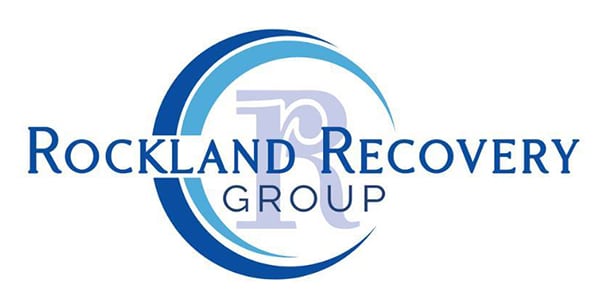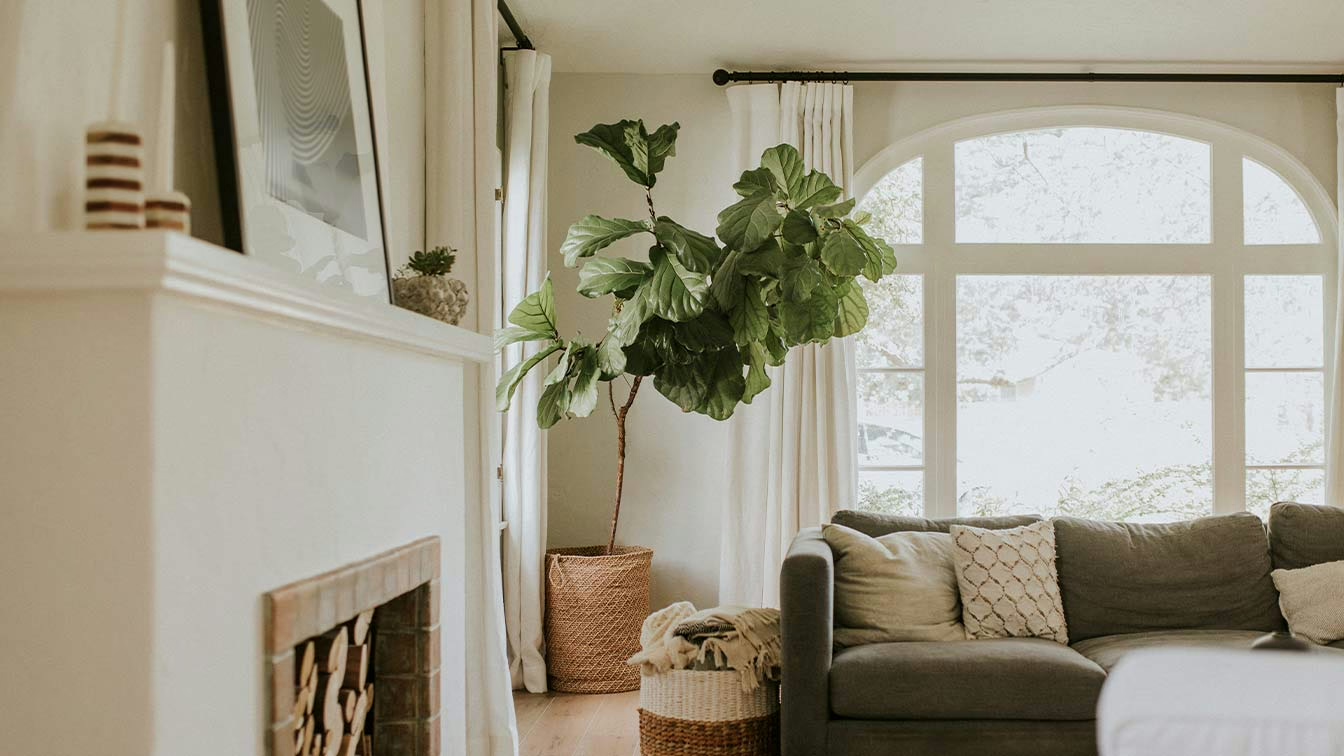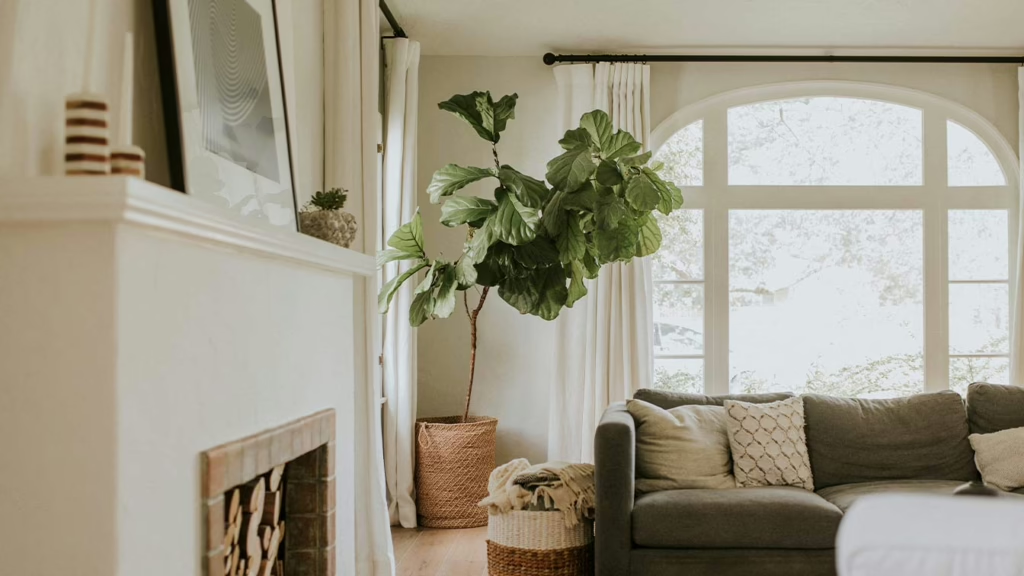Coming home after rehab can feel like a fresh start—or a minefield of triggers. For anyone in addiction recovery, the space you live in plays a massive role in your success. A safe and sober living environment isn’t just a luxury; it’s a necessity for relapse prevention and long-term sobriety.
Whether you’re transitioning from treatment or supporting a loved one, building a drug-free home takes intention and effort. In this guide, we’ll walk you through practical steps to create a supportive space that nurtures recovery and hope.
Understanding the Role of a Sober Living Environment
A sober living environment is more than a place without drugs or alcohol—it’s a safe space designed to support sobriety and mental health. It’s where you can rebuild your life, free from the chaos of substance abuse.
Think of it as an extension of aftercare, a critical piece of recovery support that helps you stay on track. But it’s not always easy. Old habits, unsupportive people, or hidden triggers can threaten your progress. That’s why creating a sober living environment requires a plan—one that turns your home into a foundation for clean living.
Steps to Create a Safe and Sober Living Environment
Here’s how to build a space that works for you, not against you:
Remove Triggers and Substances
Clear out all drugs, alcohol, and paraphernalia. A drug-free home is non-negotiable for sobriety. Go beyond the obvious—check for reminders like old photos or items tied to past use. Trigger management is key; if something sparks a craving, it doesn’t belong in your space.
Establish Rules and Boundaries
Set clear expectations for yourself and anyone sharing your home. No substances, no exceptions. Borrow from supportive housing principles: enforce a zero-tolerance policy for use and limit visitors who don’t respect your recovery. Boundaries protect your sober living environment and reinforce your commitment to clean living.
Build a Supportive Network
Recovery thrives with peer support. Surround yourself with sober friends, family, or a recovery group who lift you up. Share sobriety tips—like how to handle tough days—and lean on them for accountability. A strong network turns your home into a community, not just a building.
Promote Healthy Habits
Fill your days with routines that strengthen your body and mind. Exercise, eat well, and prioritize sleep—these healthy habits boost mental health and keep you grounded. A sober living environment isn’t just about what you avoid; it’s about what you embrace to support your recovery.
Design a Calming Space
Make your home a safe space emotionally, too. Declutter, add calming decor like plants or soft lighting, and carve out a spot for reflection. A peaceful environment reduces stress, a common relapse trigger, and helps you feel in control of your recovery journey.
Overcoming Common Obstacles
Even the best plans face challenges. Here’s how to stay strong:
Dealing with Temptation
Cravings will come—relapse prevention starts with preparation. Keep a list of coping strategies handy, like deep breathing or calling a friend. Have an exit plan for tough moments, like stepping outside for fresh air. Your sober living environment should empower you to fight back.
Managing Unsupportive People
Not everyone will get it. If housemates or visitors undermine your sobriety, set firm limits or distance yourself. You deserve a space that honors your recovery, not one that tests it.
Staying Consistent
Building healthy habits takes time. Don’t beat yourself up over slip-ups—just recommit. Consistency turns your sober living environment into a lasting shield against substance abuse.
The Benefits of a Safe and Sober Living Environment
The payoff is worth it. In the short term, you’ll feel less stressed and more focused on recovery. Over time, a sober living environment supports addiction recovery by fostering mental health, rebuilding relationships, and opening doors to a drug-free life.
Take Sarah, for example—a young woman who left rehab feeling lost. By clearing her apartment of triggers, setting rules with her roommate, and joining a local support group, she’s now six months sober and thriving. Her story shows what’s possible with the right space.
How Rockland Recovery Group Can Help
If you’re in Braintree, MA, you don’t have to do this alone. Rockland Recovery Group offers aftercare and recovery support to help you build a sober living environment that lasts. Our outpatient programs provide expert guidance, from trigger management to peer support, while our alumni network keeps you connected.
Located at 400a Franklin Street, Suite 204, we’re here 24/7—call 888-299-4833 or visit us to take the next step. Whether you’re fresh out of rehab or refining your recovery, our team in Braintree can tailor a plan to fit your life.
Creating a safe and sober living environment is about more than removing temptation—it’s about building a space that reflects your commitment to sobriety. Clear out triggers, set boundaries, lean on support, and embrace healthy habits.
These steps transform your home into a sanctuary for recovery support and mental health. If you’re ready to make it happen, resources like Rockland Recovery Group are just a call away. A sober living environment isn’t just a place; it’s a promise to yourself—one you can keep, day by day.




